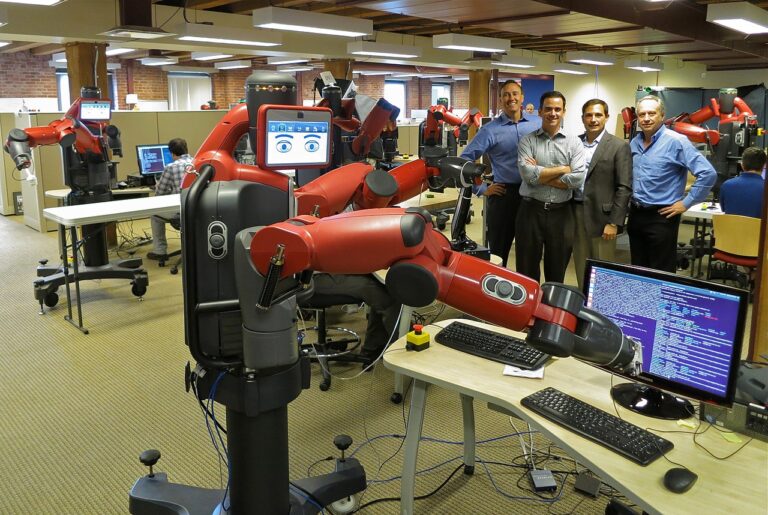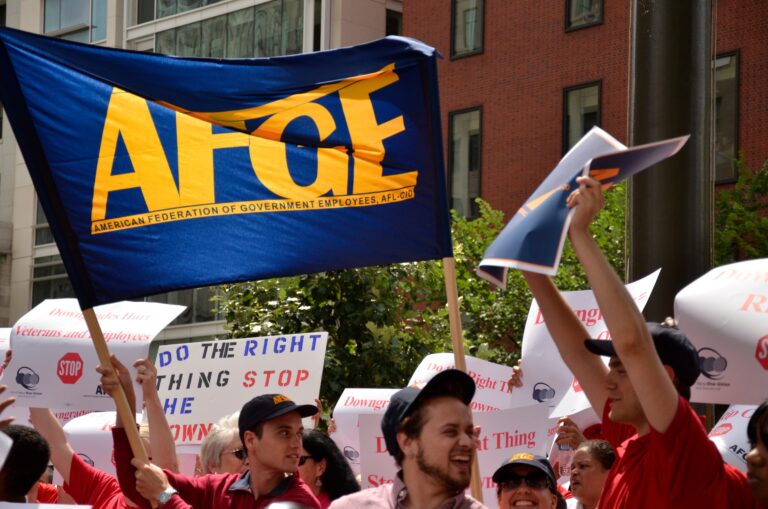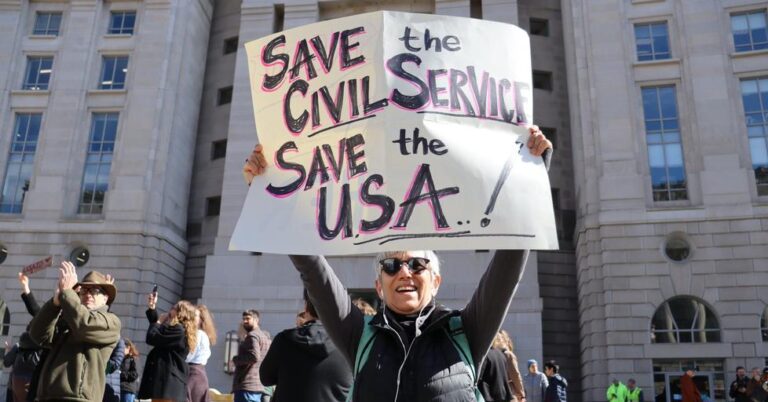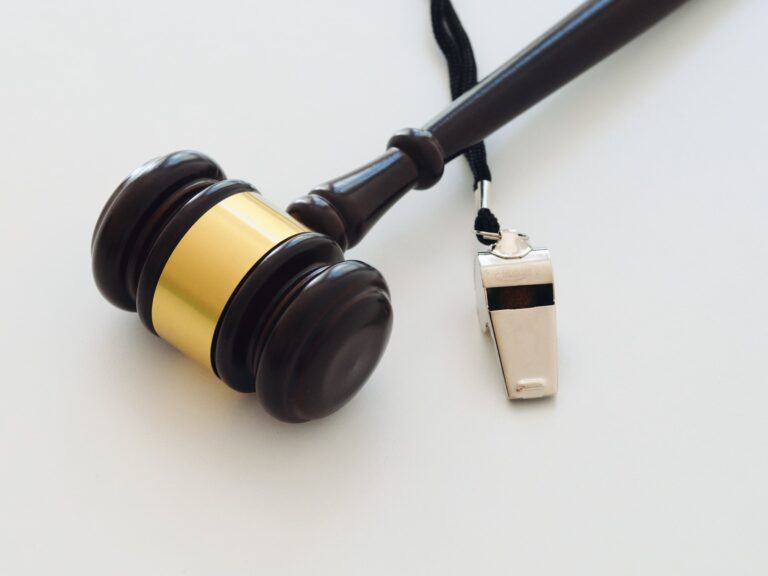Deanna Krokos is a student at Harvard Law School
President-elect Joe Biden’s victory promises to reshape American policy and regulatory priorities throughout the administrative state.This weekend, BloombergLaw outlined some anticipated reforms for the incoming Department of Labor. Most pressing across the federal government is the coronavirus crisis as cases surge throughout the country. Many outlets express hope that the shift in leadership will bring enhanced workplace safety measures, after months of reporting on the Trump-era OSHA’s failure to address the virus. Experts predict both stronger substantive standard and more robust whistleblower protections, to empower workers to redress safety concerns from the front lines. More broadly, many hope new DOL leadership replacing Secretary Eugene Scalia will bring more attention to organized labor groups and worker-friendly initiatives that largely “took a back seat” to management during the previous administration.
Though some news outlets have provided early cabinet-appointment projections, one agency, The National Labor Relations Board, won’t see significant changes until late 2021. BloombergLaw reports that GOP control of the Board will persist until next August, at which point the Senate confirmation process could pose another roadblock. In the case of a stonewalled confirmation battle, the NLRB could remain primarily Republican until “a crippling loss of quorum in 2022.” The situation is similar at the Equal Employment Opportunity Commission, where a Biden-appointed chair will have to work with a Republican-appointed majority until July 2022 when Janet Dhillon’s term expires.
Data released Friday shows gains in the labor market, despite growing concerns over spiking covid-19 cases throughout the country. DOL reported payrolls increased by 638,000 jobs in October, dropping the unemployment rate to 6.9%. But job growth has slowed since June, and the economy remains fragile. Data reflects a surge in long-term unemployment, with more than 3.6 million individuals out of work for more than 27 weeks. Analysts also worry that the colder weather will hurt service-sectors employment, with many bars and restaurants operating at limited “outdoor only” capacity due to covid-19 concerns. These predicted job losses will coincide with the expiration of CARES Act extended unemployment benefits, including PUA, on December 31st.






Daily News & Commentary
Start your day with our roundup of the latest labor developments. See all
December 7
Philadelphia transit workers indicate that a strike is imminent; a federal judge temporarily blocks State Department layoffs; and Virginia lawmakers consider legislation to repeal the state’s “right to work” law.
December 5
Netflix set to acquire Warner Bros., Gen Z men are the most pro-union generation in history, and lawmakers introduce the “No Robot Bosses Act.”
December 4
Unionized journalists win arbitration concerning AI, Starbucks challenges two NLRB rulings in the Fifth Circuit, and Philadelphia transit workers resume contract negotiations.
December 3
The Trump administration seeks to appeal a federal judge’s order that protects the CBAs of employees within the federal workforce; the U.S. Department of Labor launches an initiative to investigate violations of the H-1B visa program; and a union files a petition to form a bargaining unit for employees at the Met.
December 2
Fourth Circuit rejects broad reading of NLRA’s managerial exception; OPM cancels reduced tuition program for federal employees; Starbucks will pay $39 million for violating New York City’s Fair Workweek law; Mamdani and Sanders join striking baristas outside a Brooklyn Starbucks.
December 1
California farmworkers defend state labor law, cities consider requiring companies to hire delivery drivers, Supreme Court takes FAA last-mile drivers case.